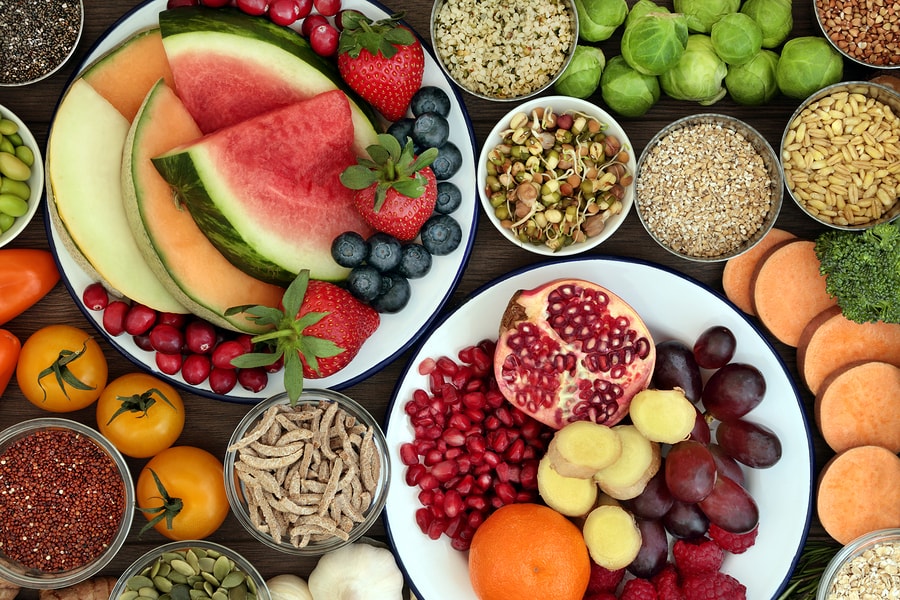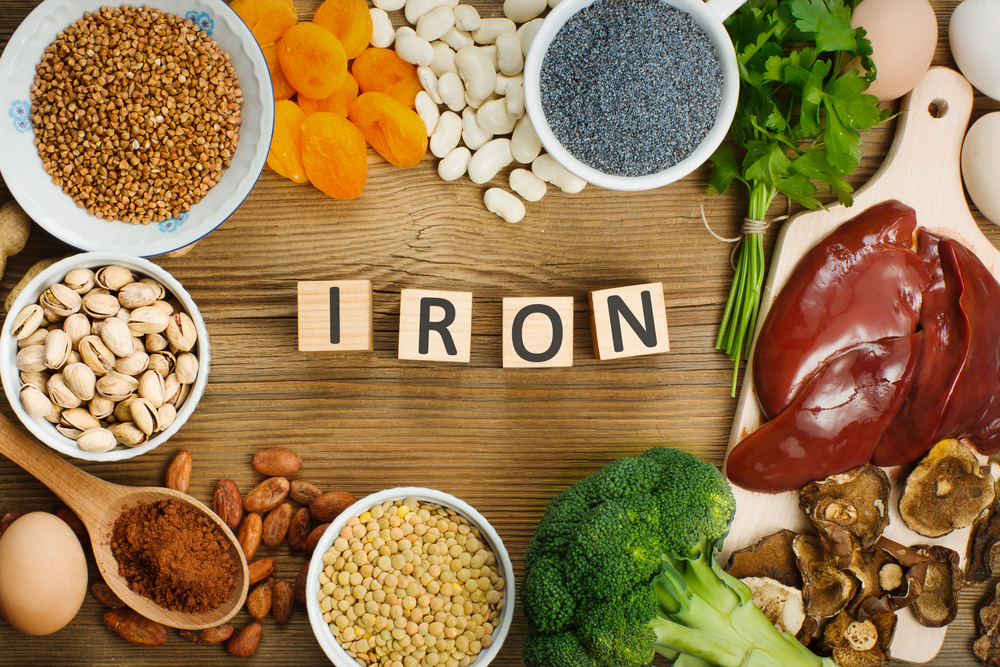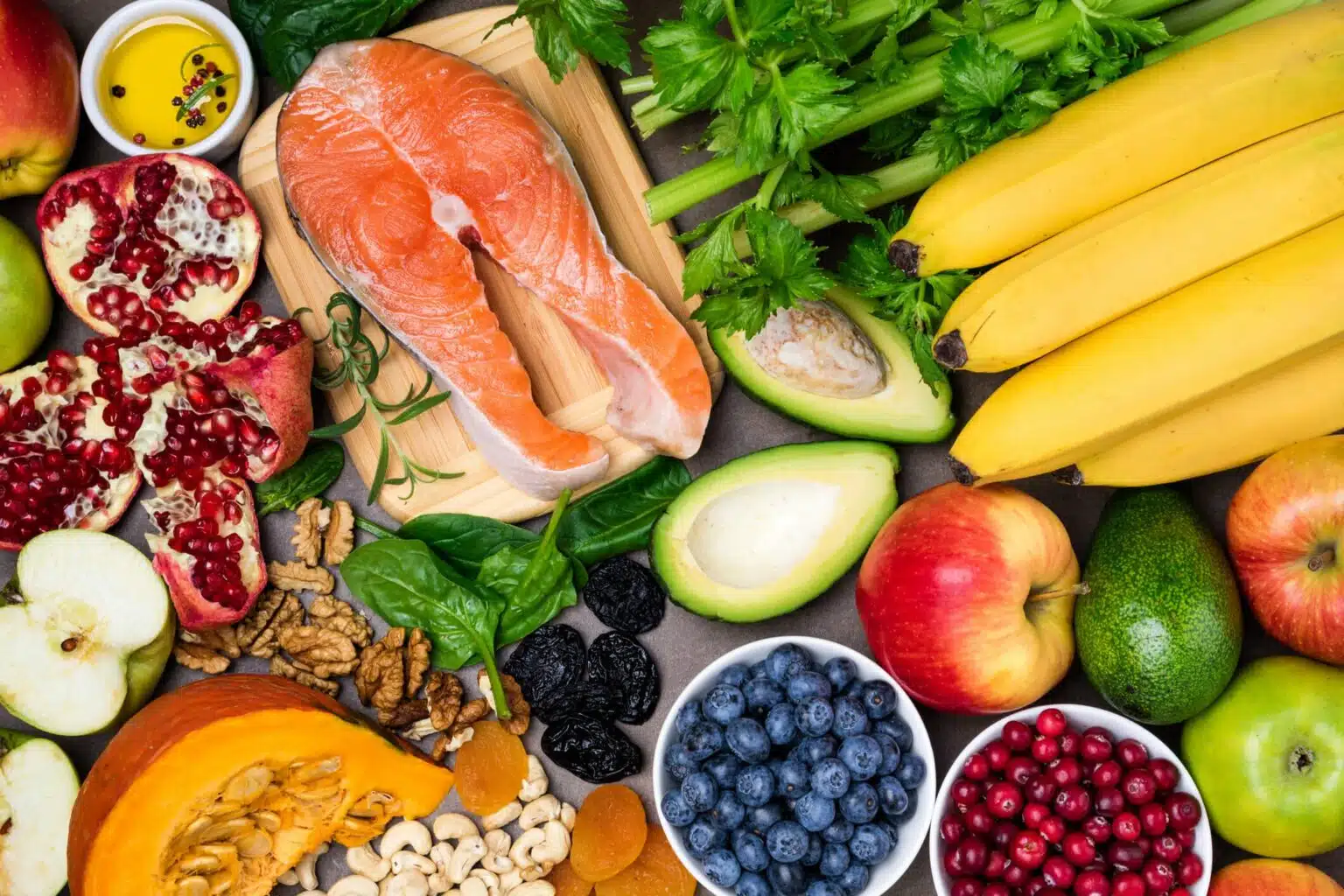The food we consume gives our body the nutrients it needs to operate at maximum capability. Different nutrients and minerals serve and support various bodily activities. A lack of certain nutrients and minerals can have a variety of negative impacts on the body. This article discusses the numerous signs the body exhibits when it is deficient in specific nutrients.
Vitamin B12
Vitamin B12 aids in the DNA’s creation of red blood cells. It has also been shown to enhance neurotransmitter function. Lack of vitamin B in the body can result in fatigue, weakness, anaemia, memory loss, tongue swelling, etc. It may even impair your ability to think clearly. Vegans and vegetarians may be susceptible to vitamin B12 insufficiency since dairy products, chicken, red meats, shellfish, and organ meats are the primary sources of vitamin B12.

Vitamin D
There are several ways that your body may signal a Vitamin D deficit. Experiencing a loss of energy, exhaustion, and fatigue are additional indicators of Vitamin D deficiency. Vitamin D is essential for bone health maintenance. Vitamin D insufficiency can induce skeletal and muscular discomfort. To enhance your vitamin D consumption, you may add dairy products, oranges, and fatty fish to your diet.
Manganese
Magnesium is another mineral that improves bone health and aids in the creation of energy. Lack of magnesium in the diet can result in nausea, vomiting, loss of appetite, tiredness, and other symptoms.
Potassium

Potassium is another essential element required by the body for numerous processes. Among these are cardiac functions and muscular contractions, among others. In addition, it aids in maintaining blood pressure, strokes, etc. Symptoms of low potassium in the body include constipation, muscular weakness, cramps, numbness, heart palpitations, etc. Bananas and beans are excellent potassium suppliers.
Calcium
Calcium, as you may well know, contributes considerably to the maintenance of strong bones and muscles. Additionally, it aids with nerve function. The most frequent calcium shortage symptoms are abnormal heart rhythm, numbness or tingling in the fingers, etc. Dairy products and cruciferous vegetables are excellent calcium sources.
Folate
Folate is synonymous with folic acid. It is very essential for pregnant women to eat. Folate aids in foetal development and minimizes the incidence of birth defects. Irritability, diarrhoea, exhaustion, etc., are some of the signs of a deficiency in folate in the body. Beans, seeds, peanuts, whole grains, cruciferous vegetables, eggs, and other foods are rich in folate. However, pregnant women may be urged to take supplements by their doctor.
Iron

Iron is one of the most important minerals for the body and has several health benefits. Iron contributes to the creation of red blood cells, the production of protein in red blood cells, the delivery of oxygen to the muscles, the generation of hormones, etc. Iron deficiency symptoms include fatigue, headaches, easily peeling skin, chilly feet and hands, brittle nails, shortness of breath, and a quicker heartbeat, among others. Cruciferous veggies are an excellent iron source.
It is crucial to pay great attention to what the body may be attempting to tell us. However, eating well is the greatest method to ensure that your body receives sufficient nutrients and minerals. Eating a well-balanced diet will help you effortlessly satisfy your body’s demands.
Read More: Top 6 Best Fruits Ranked According to Their Health Benefits
Read More: Guide to What to Eat During Periods













